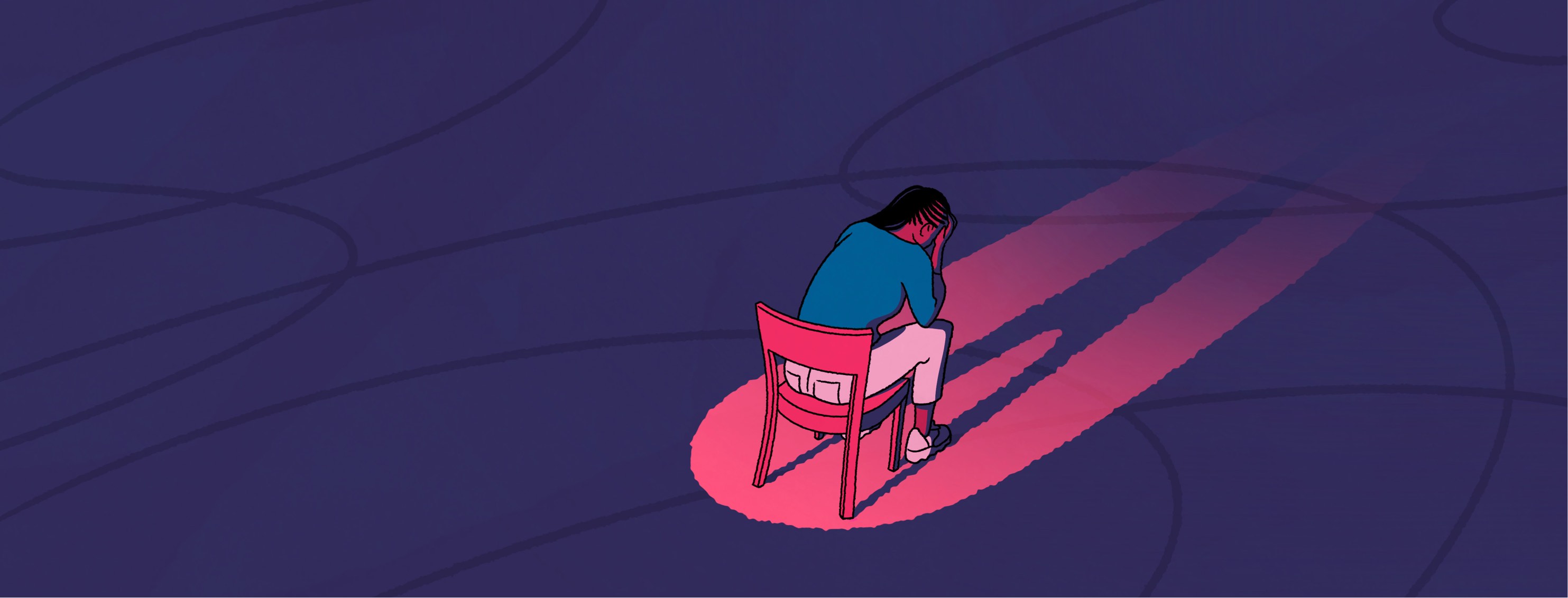Sleep Apnea and Grief
Grief is defined by the Merriam-Webster Dictionary as “deep and poignant distress caused by or as if by bereavement” or “a cause of such suffering.”1
I think the simplest way I can describe grief is love and loss. We grieve the loss of something or someone we loved.
Experiencing grief from loss of health
I was first diagnosed with a chronic illness called hidradenitis suppurativa (HS) at 17 years old, although I had symptoms starting at 13. Because I was so young, I just went with it. I slowly adjusted to the diagnosis and found decent treatment. Not that it was easy, but since I grew up with the disease and a great dermatologist, I had a better time adapting.
Then in 2021, I was diagnosed with sleep apnea and polycystic ovary syndrome (PCOS) almost simultaneously. At this point in my journey, I felt lost. The sleep apnea diagnosis hit the hardest.
In addition to sleep apnea, I was also diagnosed with insomnia and delayed sleep-wake phase disorder. I suffer every day from chronic fatigue that refuses to get better no matter how much sleep I get.
The grief I feel about this is too much to put into words. I miss feeling energized and being able to focus without brain fog. I grieve for the time when I felt like I could do anything I wanted. Now I pace my daily activities to ensure I don’t overdo it.
Feeling tied to my CPAP machine
For so long I had felt tired and no amount of rest made me feel better. When I was told I would need a continuous positive airway pressure (CPAP) machine, I felt a flood of grief. Now almost 2 years into the sleep apnea diagnosis, I still feel that grief at times.
I feel almost tied to the hip with my sleep apnea machine. I have to take it with me when I travel or sleep anywhere else that is not my own bed. It is a hassle. I grieve the days when I could take a nap or just fall asleep without the need to be hooked up to a machine. Having to maintain the machine, the hoses, and the mask every week is such a pain.
Grief caused by chronic illness diagnosis
Not many people can relate to the grief that comes with any chronic illness. It’s about grieving the life you had and the person you were before the diagnosis. I was able to cope better with my HS diagnosis because I have lived with it for so long, starting as a child. I don’t really remember my life without the HS.
How a sleep apnea diagnosis affected me
But with my sleep apnea diagnosis, I reevaluated and changed so many aspects of my life.
I needed to learn and relearn everything about sleep. I’ve gotten therapy, worked with a sleep psychiatrist, and other doctors to analyze every aspect of my sleep and build better habits.
Why and what I grieve over
I’m grateful for the resources afforded to me, but it also makes me immensely sad and angry.
Times when I took sleep for granted
Sleep is as natural and necessary as breathing. I feel sad and angry because I have to work so hard at something every day that should come naturally. I grieve for the time when I didn't have to think about sleep. I mourn the times I took it for granted.
Judgement from others
What makes me feel the most grief is the judgment. My HS disease comes with painful abscesses that I can point to and say “This is why I am in pain.” With sleep apnea and other sleep disorders, there isn’t such visible evidence. Once I got my diagnosis, people assumed I would be 100% better. But the diagnosis has just been the beginning of my problems.
Accusations of being "lazy"
Now when I say I’m tired, I get pushback from people who say I’m either “too young to be tired” or that I “sleep too much.” So far, nothing has cured the chronic fatigue. I get accused of being “lazy” and told I have no reason to be tired.
Missing my former self
But it’s exhausting living every day with a low battery. I miss who I was before this chronic fatigue and the CPAP machine. I feel like an entirely different person now. The grief is immense.
What helps me overcome my grief
What I am certain of is therapy has helped. I’ve been in therapy on and off for years, but recently I have found it helpful to speak to a therapist who is familiar with chronic illnesses. I didn’t even consider my feelings to be “grief” until I voiced them out loud. The grief is still there, maybe it always will be, but putting a name to it and facing it head-on is the first step for my own healing.
Do you grieve your former healthy self? Please share a comment.

Join the conversation